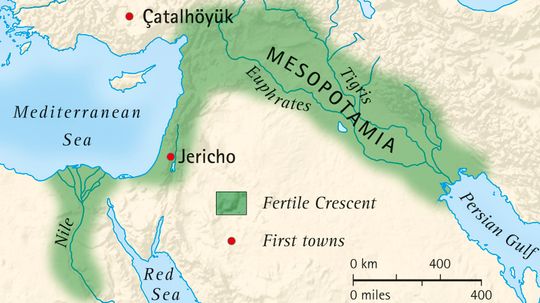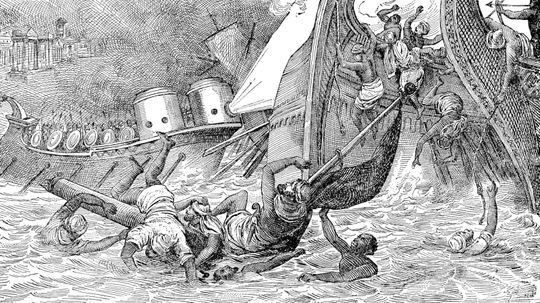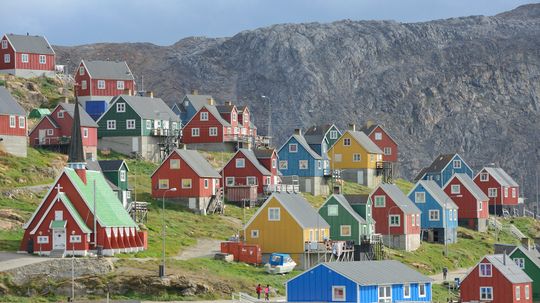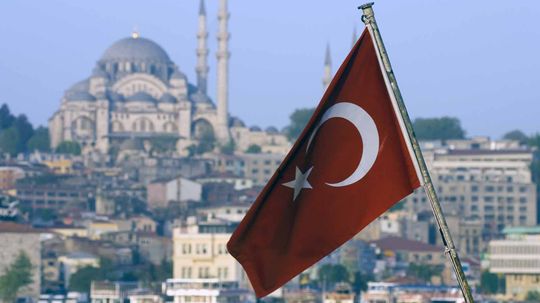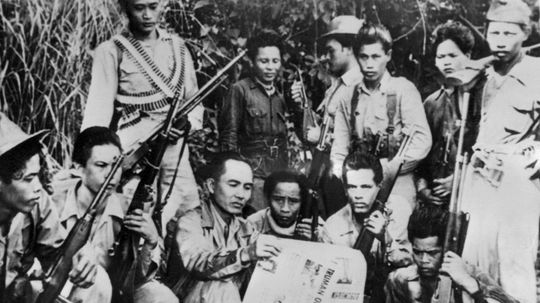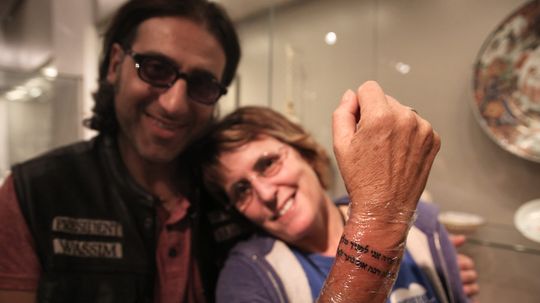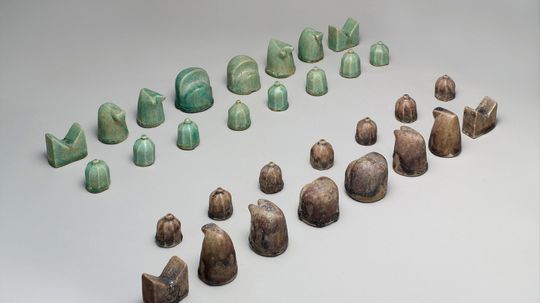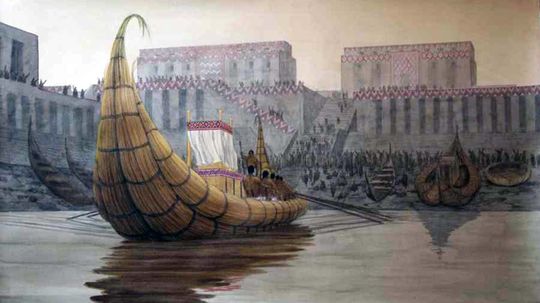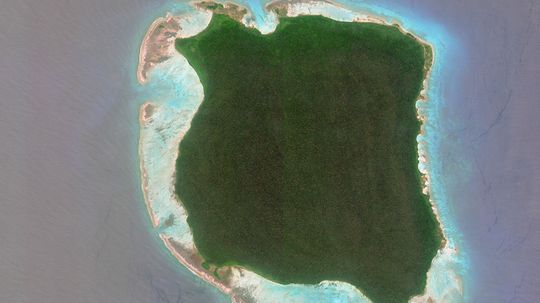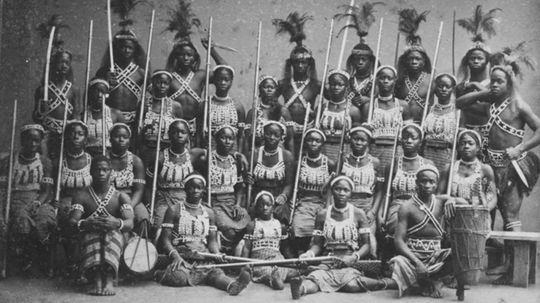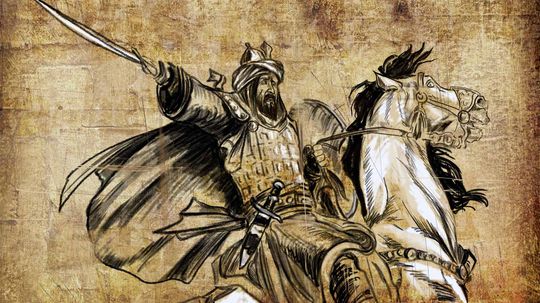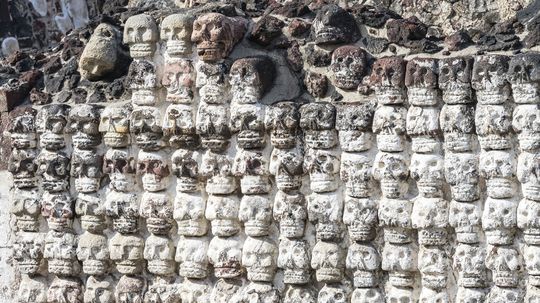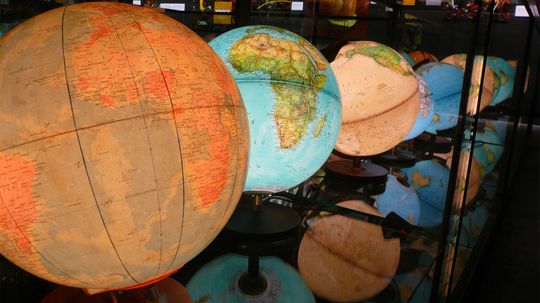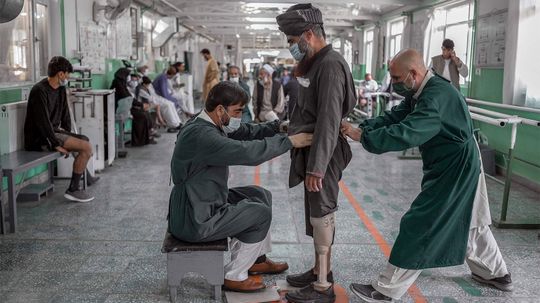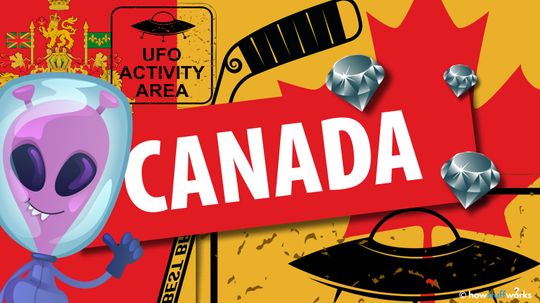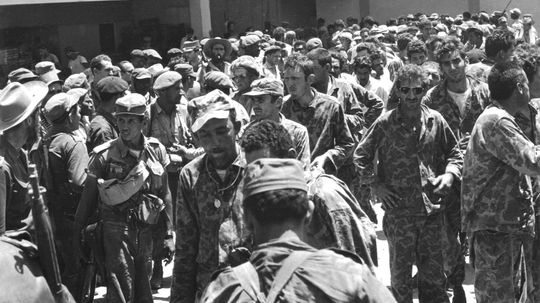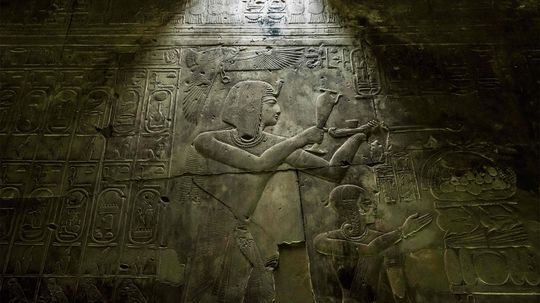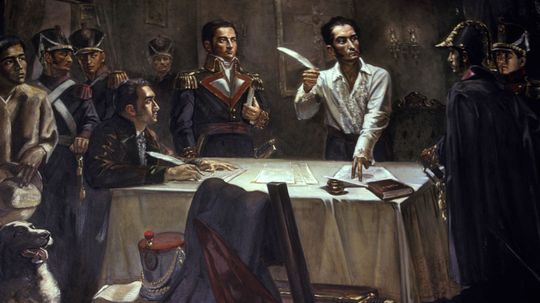World History
HowStuffWorks looks at the history and culture of places from all over the world.
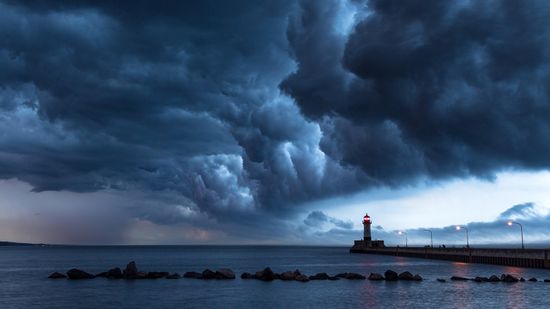
The SS Edmund Fitzgerald and a Fateful Night on Lake Superior
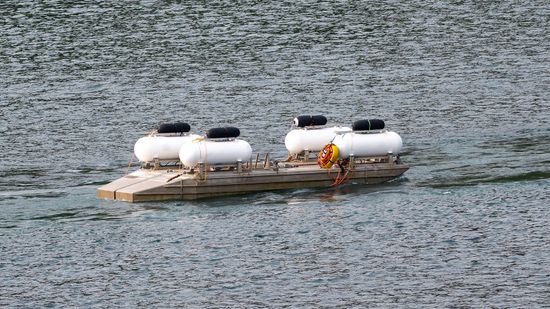
OceanGate: What Went Wrong and Why

What Happened to MH370, the Missing Malaysia Airlines Flight?

10 of the Worst People in History: A Leadership Hall of Infamy
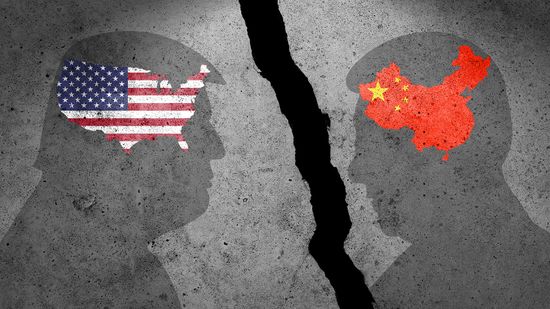
The Most Powerful People in the World Aren't Always the Richest
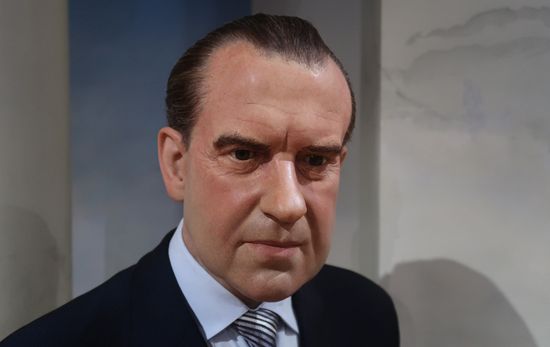
The Youngest Vice President in U.S. History (and 5 Close Contenders)

The Madden Curse Debate: NFL Legends Weigh In on the Phenomenon

Most Haunted Places in the World: True Encounters and Tales

Is Santeria Considered Witchcraft? A Deep Dive into the Tradition
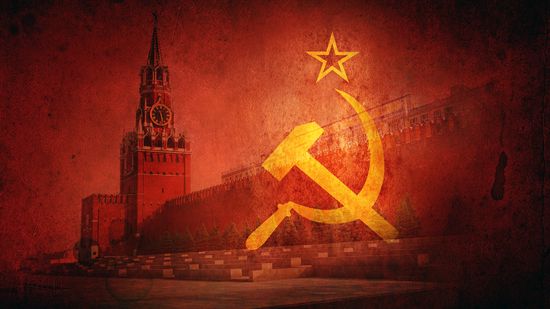
Why Did the USSR Fall? The Real Costs of Becoming a Superpower

Why Did the Berlin Wall Fall?

Why Did the Roman Empire Fall? Corruption, Inflation, and Division

There Are Castles in Ohio? No Foolin'?

10 Least Diverse States in the U.S.

10 Most Haunted Places in America: Stanley Hotel, Queen Mary, and More

Hiroshima Shadows Preserve One of History's Darkest Moments
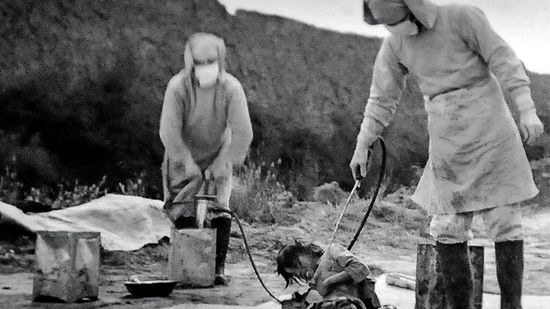
Unit 731: Inhumane Medical Experimentation During WWII
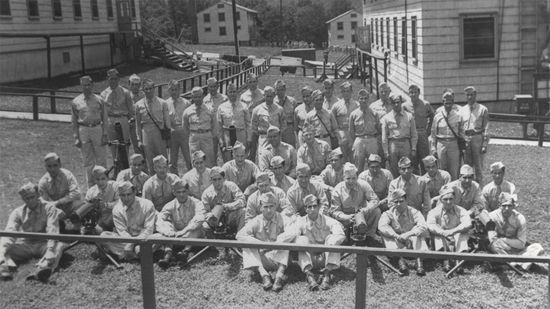
How the Ritchie Boys, Secret Refugee Infiltrators, Took on the Nazis
Learn More / Page 2
If you are looking at a traditional world map, you won't get an accurate idea of the size of the seven continents; depicting a sphere onto a flat surface means that something will end up distorted. For that reason, you may not truly understand something like the size of the largest continent.
By Yara Simón
With constantly changing borders and governments, identifying the oldest countries in the world is tricky work.
By Sascha Bos
Uncover the secrets of Greek fire, ancient warfare's legendary weapon. Explore its history, composition, and deadly impact.
By HowStuffWorks
Advertisement
The dense Aokigahara Forest has acquired another name, the "suicide forest." Why has it acquired that reputation and what is being done about it?
By Dave Roos
An island doesn't necessarily have to be small. You might be surprised by the size of some of these islands on our list. Here are the nine biggest ones.
By Dave Roos
We can easily picture a group of beard-and-toga geniuses hunched over scrolls inside a magnificent colonnaded hall. But what was the real Library of Alexandria like? And why do some scholars doubt its existence?
By Dave Roos
Look at any vintage map and you'll see how a country's borders shift. But what reason would a country have for changing its name?
By Lauren David
Advertisement
Back in the Cold War craziness of the 1950s, a CIA operative in the Philippines used the local folklore myth of the blood-sucking aswang to try and scare off communist rebels. Did it work?
By Dave Roos
For centuries, Razzouk Tattoo in Jerusalem has provided tattoos to both pilgrims and posers, using hand-carved wooden stamps, some of which are 500 years old.
Like many things, chess wasn't invented by one person but rather several people. Here's a short history of chess.
By Dave Roos
It's hard to nail down the oldest city in the world. Some say it's Damascus, Syria, while others suggest it's Jericho, in the West Bank. So which is older?
Advertisement
For centuries, colonizers, missionaries and anthropologists have attempted to make contact with the residents of North Sentinel Island. But outsiders have learned the hard way that, even today, the Sentinelese just want to be left alone.
By Dave Roos
The Dahomey warriors were an all-female regiment that existed for 300 years. Their bravery is legendary and portrayed in "The Woman King," but their ties to the Transatlantic slave trade are undeniable.
By Dave Roos
The Nizari Ismaili were some of the most feared assassins in the turbulent medieval Middle East. They used secret techniques to survive against enemies with bigger armies. That is until they finally met their match.
The Aztec death whistle produces a chilling scream-like noise. Learn about its origins, cultural meanings, and theories behind why the Aztecs used it.
By Dave Roos
Advertisement
It's a big old world and the number of countries it contains changes all the time. So, do you know how many there are? It's not an easy question.
Photographers have been risking their lives since the Civil War to bring back images from the front lines. Not just to document history, but to show the uncensored, gritty version of battle to those of us who never have to face danger.
By Sarah Gleim
The struggle to sever colonial ties with the British has been going on for nearly 400 years in Barbados. On Nov. 30, 2021, the island officially became a republic, installing Dame Sandra Mason as its first president.
By Lewis Eliot
Some 50,000 people jammed in an area one-hundredth of a square mile. An urban planning nightmare, it was home to gangs, factories and vibrant nightlife. How did it start, and what caused it to end?
By Dave Roos
Advertisement
Some $150 billion in nonmilitary U.S. aid flowed into Afghanistan from 2001 to 2020, but what exactly was accomplished in that time with that amount of money?
O Canada ... the country where you can order a cocktail with a human toe in it (and other quirky things about those Canucks up North).
Have you ever wanted to be in two places at once? There are destinations around the world that literally straddle state or country borders. How many of these boundary-pushing places can you name?
It's been called one of American's biggest foreign policy failures. But why was it such a disaster? Let's count the ways.
By Dave Roos
Advertisement
About 25 symbols in the Egyptian hieroglyphic "alphabet" denote specific sounds. But very few words were written purely alphabetically.
By Mark Mancini
Bolívar was the catalyst and cult of personality behind the 19th-century liberation movement that won independence for six Latin American nations: Venezuela, Colombia, Ecuador, Panama, Peru and Bolivia, a country named for the Liberator himself.
By Dave Roos

